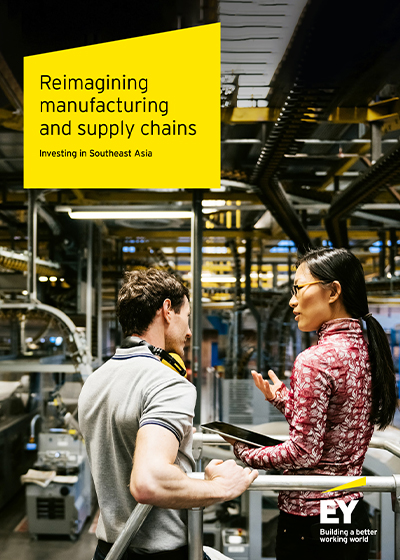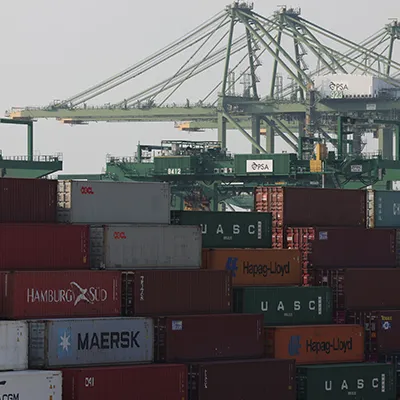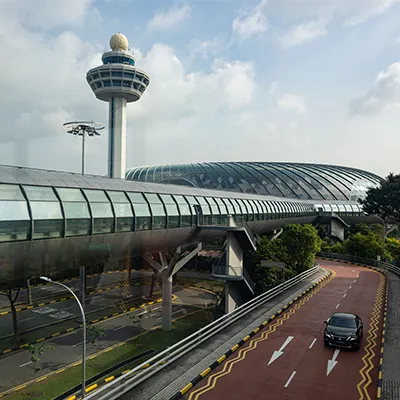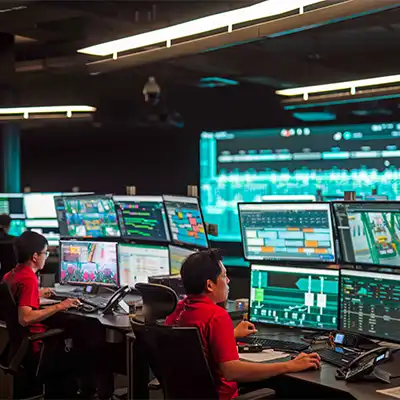Manufacturers looking to strengthen their supply chains should keep in mind the benefits of making things in more countries, said Jacqueline Poh, Managing Director of the Singapore Economic Development Board, at a World Economic Forum panel on Tuesday (Jan 17).
Poh was making a pitch for Singapore in the global manufacturing supply chain at a panel discussing the future of advanced manufacturing and value chains.
“As much as we want to think about nearshoring for resilience, and I think many companies are doing that, no country, no region, is entirely self-sufficient,” said Poh. “It would be a mistake to forget the entirety of the dependencies – in terms of raw materials, in terms of skills, in terms of comparative advantage – that exist by having a manufacturing supply chain that does take into account the benefits of making things in more than one country.”
Her exhortation comes as companies adjust their supply chains to account for geopolitical risks as well as the potential of another pandemic.
Fellow panellist Roland Busch, President and Chief Executive of German manufacturing conglomerate Siemens, said the pandemic has changed how manufacturers think about supply chains.
Pre-Covid, Busch said, manufacturers aimed to optimise on low labour costs. “We didn’t talk about scarcity of resources. We didn’t care too much about CO2 footprint. And geopolitical tension was not also a topic,” he added.








